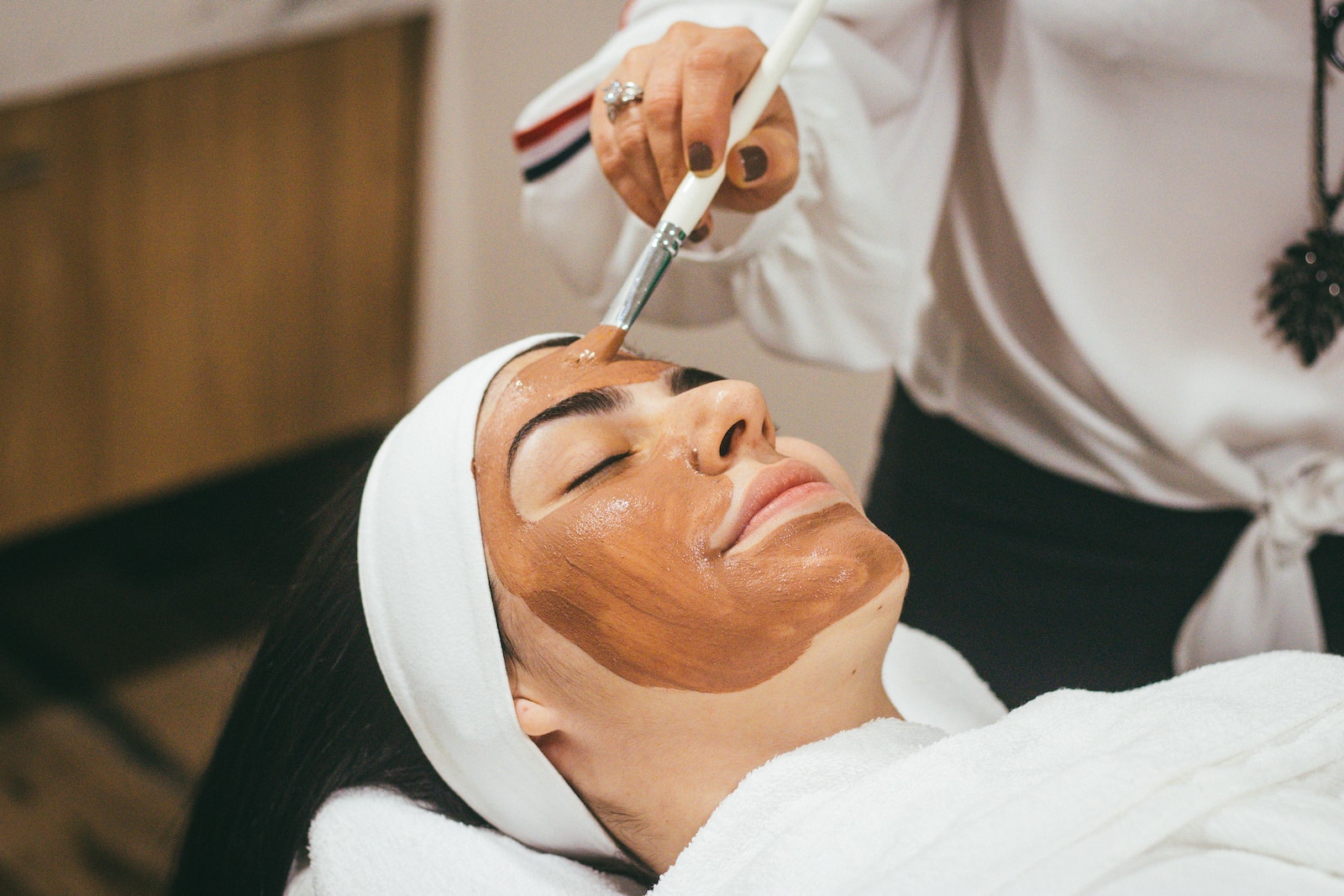When it comes to managing psoriasis, a condition that affects millions of people worldwide, it’s essential to understand that effective skincare can make a significant difference in alleviating symptoms and improving your overall quality of life. Psoriasis is a chronic autoimmune disease that leads to the rapid buildup of skin cells, resulting in red, scaly, and often itchy patches. While there is no cure for psoriasis, there are numerous skincare strategies that can help manage and alleviate its symptoms. In this comprehensive guide, we will explore the most effective ways to manage psoriasis through skincare, providing you with the knowledge you need to take control of your condition and enjoy healthier, more comfortable skin.
Understanding Psoriasis
Before delving into skincare strategies, it’s crucial to have a solid understanding of psoriasis. This condition can manifest in various forms, with the most common being plaque psoriasis. Plaque psoriasis appears as raised, red patches covered with a silvery-white buildup of dead skin cells. While psoriasis primarily affects the skin, it is also associated with other health issues, such as arthritis and cardiovascular disease. Psoriasis flare-ups can be triggered by various factors, including stress, infections, and environmental changes.
Developing a Skincare Routine
Effective skincare for psoriasis begins with a well-structured routine. Here are the key steps you should consider:
1. Moisturize Regularly
One of the fundamental aspects of psoriasis management is keeping your skin well-moisturized. Dry skin can exacerbate psoriasis symptoms, leading to itching and discomfort. Opt for fragrance-free, hypoallergenic moisturizers and apply them liberally, especially after bathing. This will help lock in moisture and prevent excessive dryness.
2. Gentle Cleansing
When it comes to cleansing your skin, opt for mild, fragrance-free cleansers. Harsh soaps and cleansers with strong fragrances can irritate your skin and trigger psoriasis flare-ups. Gently clean your skin without scrubbing or using abrasive tools, as this can lead to further irritation.
3. Avoid Triggers
Identifying and avoiding triggers that worsen your psoriasis is crucial. Common triggers include stress, certain medications, infections, and cold weather. By recognizing your personal triggers, you can take steps to minimize their impact on your condition.
4. UV Therapy
Exposing your skin to controlled amounts of natural sunlight or ultraviolet (UV) therapy under medical supervision can help manage psoriasis. UV therapy can slow down the excessive skin cell growth that characterizes the condition. Consult with a dermatologist to determine the appropriate UV therapy for your specific needs.
5. Topical Treatments
There are various topical treatments available for managing psoriasis. These include corticosteroids, vitamin D analogs, and retinoids. These treatments can be prescribed by your dermatologist based on the severity of your condition.
6. Lifestyle Factors
Maintaining a healthy lifestyle can significantly impact your psoriasis management. Regular exercise, a balanced diet, and stress reduction techniques can all contribute to healthier skin and fewer flare-ups.
Dietary Considerations
While there is no specific psoriasis diet, certain dietary choices may help reduce inflammation and alleviate symptoms. Consider the following:
1. Omega-3 Fatty Acids
Omega-3 fatty acids, found in fish like salmon and mackerel, have anti-inflammatory properties that may benefit individuals with psoriasis. Adding more of these foods to your diet can potentially help reduce the severity of your symptoms.
2. Antioxidant-Rich Foods
Foods rich in antioxidants, such as berries, nuts, and leafy greens, can help combat inflammation and support overall skin health.
3. Gluten and Dairy
Some individuals with psoriasis find that reducing or eliminating gluten and dairy from their diet can lead to improvement in their condition. Consider experimenting with dietary changes to see if they make a difference for you.
Seeking Professional Guidance
Psoriasis is a complex condition, and its management may require the expertise of a dermatologist. Your healthcare provider can help you determine the most suitable skincare regimen and treatment options for your specific type and severity of psoriasis. It’s essential to follow their guidance closely to achieve the best results.
In conclusion, managing psoriasis with skincare is a multi-faceted approach that requires consistency and attention to detail. By moisturizing regularly, following a gentle cleansing routine, avoiding triggers, considering UV therapy, and adopting a healthy lifestyle, you can significantly improve your psoriasis symptoms. Additionally, dietary adjustments, when made with care, can complement your skincare efforts.
Remember, psoriasis management is a personalized journey, and what works best for one person may not work for another. Therefore, seeking professional guidance and staying informed about the latest developments in psoriasis management is key to achieving the best possible results.
